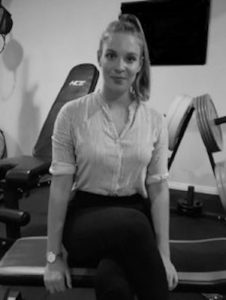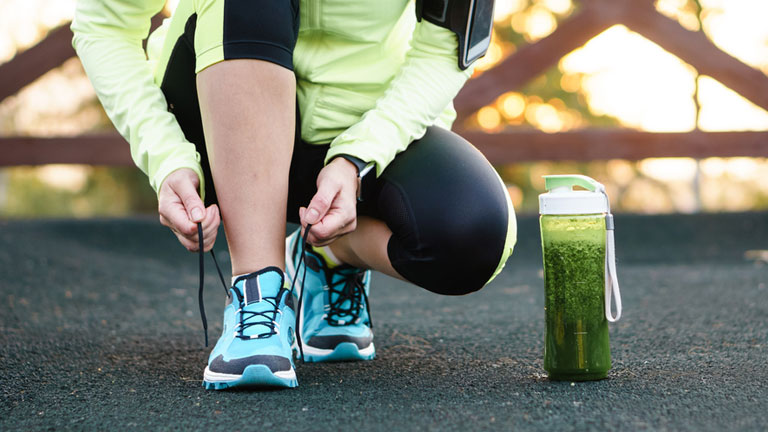Do skinny teas work? It’s a question readers often ask us. In the final instalment of our Fitness Fads Exposed series, Clinical Exercise Physiologist and Exercise Sports Scientist, Annabelle Johnstone-Dougall explains
We can all hold our hand up high for having tried some kind of faddy diet or fitness regime promising your dream body and then feeling disappointed it hasn’t delivered the results we desired (sigh). Well don’t blame yourself if the scales aren’t budging, remember that saying, ‘if it seems to good to be true, it probably is’.
It only seemed right to find out what the top five fitness fads and myths are to help save yourselves from wasting hours in the gym, money and disappointment. This called for some expert advice from Clinical Exercise Physiologist and Exercise Sports Scientist, Annabelle Johnstone-Dougall in this five-part series revealing the fitness fads and myths not to fall for.
INSERT VIDEO HERE
#5 – Skinny teas and juice cleanses
Let’s talk skinny tea and juice cleanses. Now I’ve certainly seen both of these fads pop up on my social media. Often these products are promoted by fitspo celebrities claiming that a special formula of ingredients is the secret behind their figure. So let’s get straight to some facts here. These products do not work the way most of us think. There is no magic potion for weight loss and no juice cleanse, tea detox or specific combination of ingredients that are going to create sustainable change in your physique.
So why do the before and after pictures that promote these fads look so convincing? It’s simple. As I mentioned before, weight loss works on the basis of caloric deficit. Therefore by replacing meals with teas or juices that have a lower caloric content you may see an initial drop in weight. However, this approach to weight loss is not only unsustainable but often results in regaining extra weight as you go back to your usual eating habits. Ultimately, if it’s too good to be true it most likely is. Don’t buy into fake promises or worse still fake results. Instead, focus on creating a sustainable healthy lifestyle with a balance of healthy nourishing food choices and time spent getting your heart pumping.

Read more:
Strong women series Day 1: how to use the power cage
Modius – the new wearable tech that will help you lose weight by sitting still
30 Minute fat-burning workout for lower body – new Sweaty 30 series
Like this article? Sign up to our newsletter to get more articles like this delivered straight to your inbox.





















































